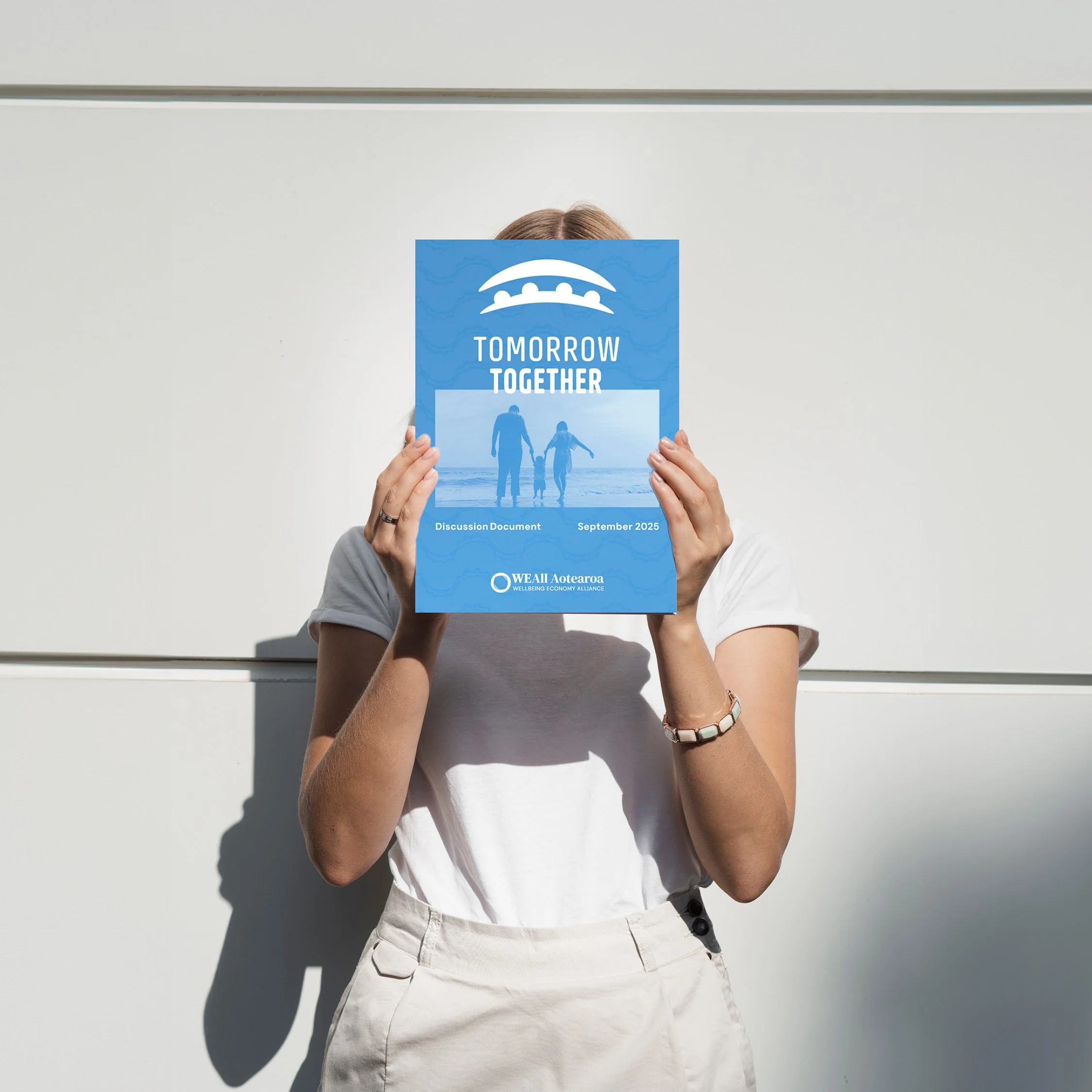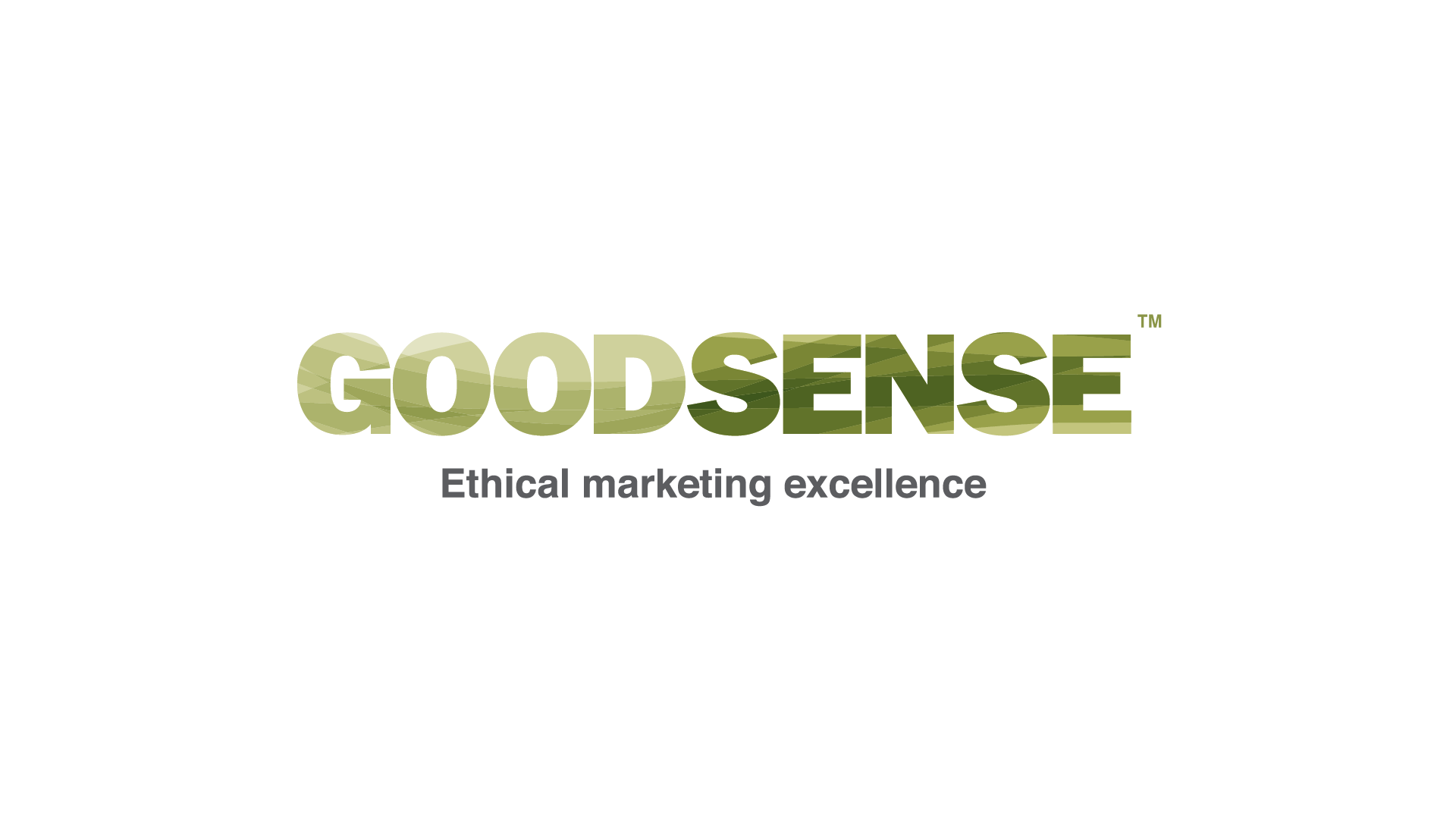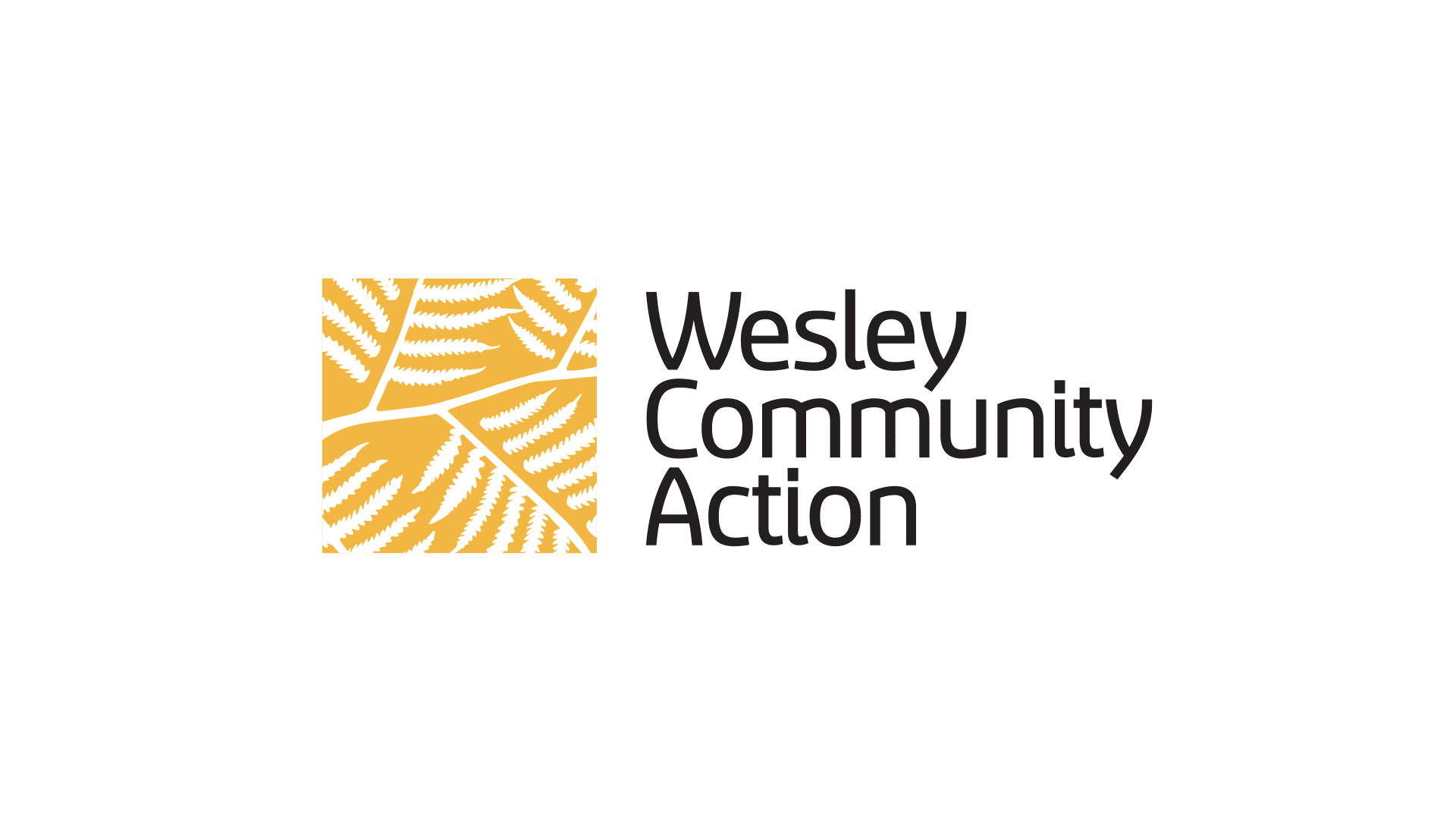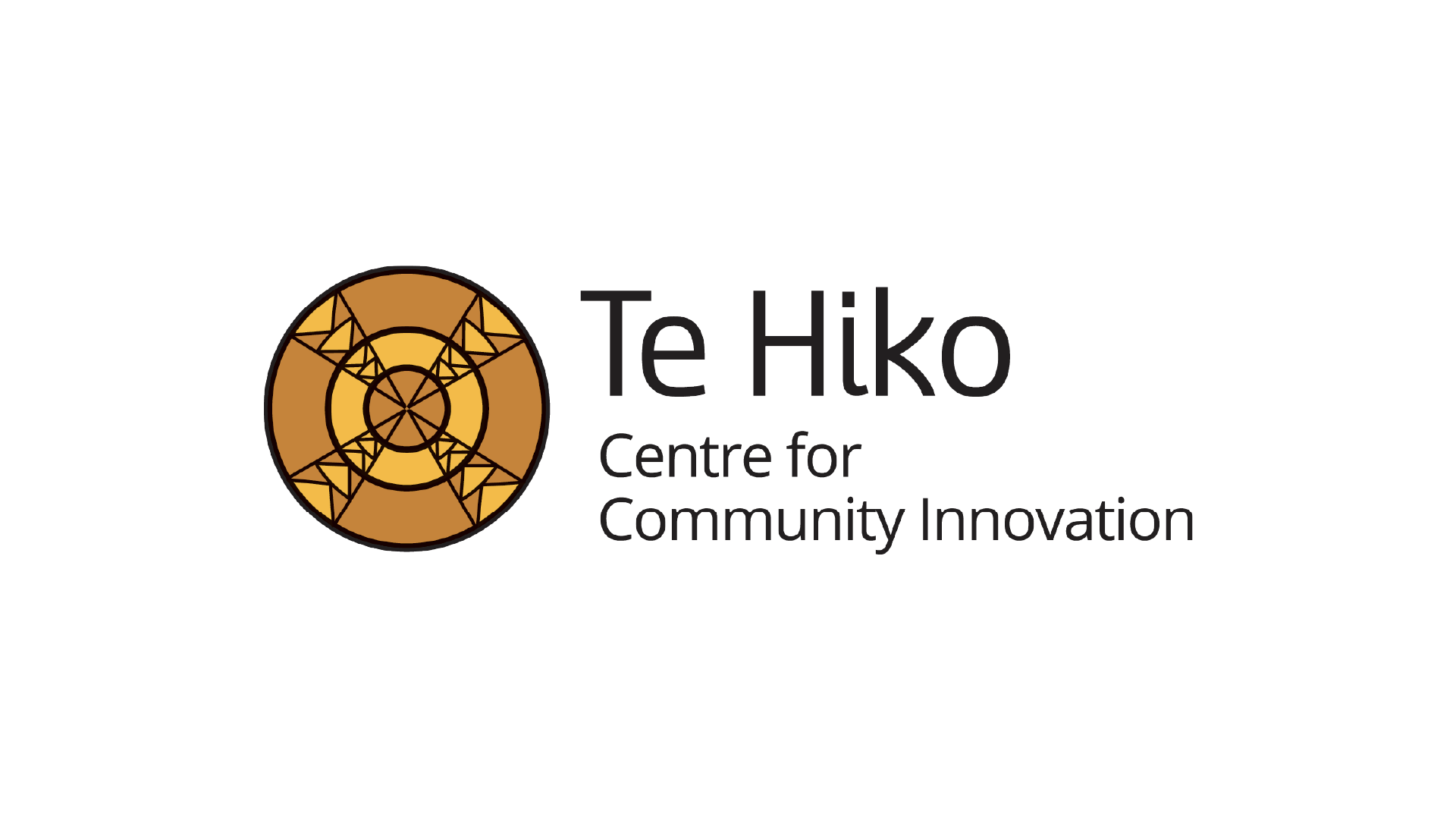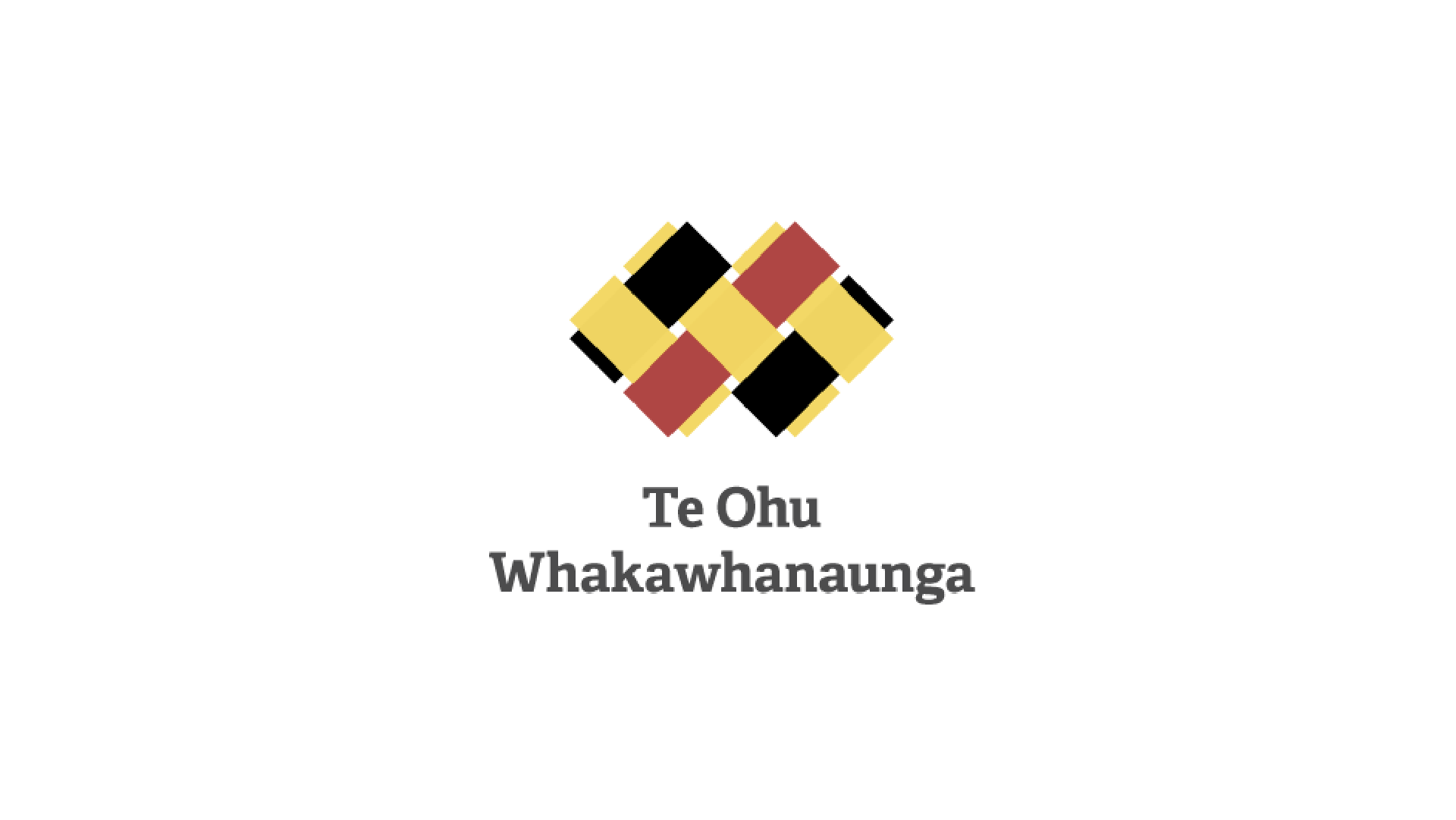The economy was designed,
it can be redesigned

We are a ‘think and do tank’ working to reshape the economic system for people and planet.
Campaign: Tomorrow Together
Tomorrow Together is a movement for intergenerational fairness in Aotearoa New Zealand. It’s grounded in the belief that the choices we make today should ensure a thriving future for generations to come. At the centre of the campaign is a call for a Future Generations Act: a cornerstone for long-term decision-making that puts people and planet first.
We’ve just released a discussion document that poses nine key questions for our future.
We want to know what you think.
Who we are
We are part of a global collaboration of changemakers, working together to transform the economic system.
Born in 2018, the movement is gaining traction and Aotearoa is one of 19 countries that form part of the international Wellbeing Economy Alliance (WEAll)
Why the economy?
The economy underpins nearly every aspect of our lives, environment and society. Simply put, it is the way we produce and provide for each other.
But, “the economy” is not a fixed or unchangeable system. Its rules and structures can be redesigned.
What is a wellbeing economy?
Through building a new economic system we can address the root causes of major challenges such as poverty, inequality, climate change, and biodiversity loss.
We can lay new tracks and build a better future for current and future generations, and te taio.
Our Impact
-

2024 was our biggest year yet
In 2024 we hosted 17 events, 6 webinars, and a sold out conference; spoke at 13 events; published 3 reports; presented 2 submissions to Parliaments; launched one collaborative video campaign with 100,000 views; and launched a project for a Future Generations Act for Aotearoa.
-

We host regular events to connect people across the motu
We host online and in-person events to share knowledge, foster connections, encourage collaboration.
Check our our upcoming events below.
-

We connect changemakers
With an engaged network of over 2000 people, we connect MPs, councillors, experts, business leaders, community organisations, researchers and passionate people. Including supporting a global policymakers network and convening a local government network.
-

We publish research and reports
Our research creates new knowledge about economic systems, demonstrates a Wellbeing Economy in practice, and supports decision makers to implement Wellbeing Economy strategies.
-

We've hosted two sold-out conferences
Our most recent conference saw 300+ people come together in Pōneke to discuss redesigning our economy to deliver wellbeing for nature and all our people. We look forward to bringing the conference back to Tāmaki Makaurau in 2026.
-

We amplify new economic narratives
We amplify existing mahi advancing a Wellbeing Economy, share our own inspiring vision that invites participation from all walks of life, and redefine the boundaries of what the economy can be.
-

We are part of the Peter McKenzie Project flotilla
The flotilla is a group of organisations working to address the root causes of child and whānau poverty.
-

We host policy experts and international speakers
We annually host an international speaker including Dr Katherine Trebeck from Australia, Amanda Janoo from the United States.
-

We organised a national Economics Listening Tour
Gareth hit the road in a campervan, hosting workshops in large and small communities, listening to citizens about their economic goals and aspirations. The findings were presented at the Economy for Public Good conference 2023.
Economy for Public Good Conference 2024
Our Economy for Public Good conference 2024 saw 300+ people come together in Pōneke to discuss redesigning our economy to deliver wellbeing for nature and all our people.
Latest News
Leave it in the 1980s
Our current economic system is not here by default. It is the result of deliberate policy choices made 40 years ago.
Like many things in the ‘80s, we think some of these policies are in need of a refresh.
Research and reports
-

Amplifying Māori Approaches
Māori economies offer powerful leadership, values and practices that can seed a more just, regenerative economic future for all - one grounded in care for people, place, and future generations. This landmark report amplifying this leadership, and showcasing how Māori economic approaches provide a positive, values-led alternative to the current, broken business-as-usual model
-
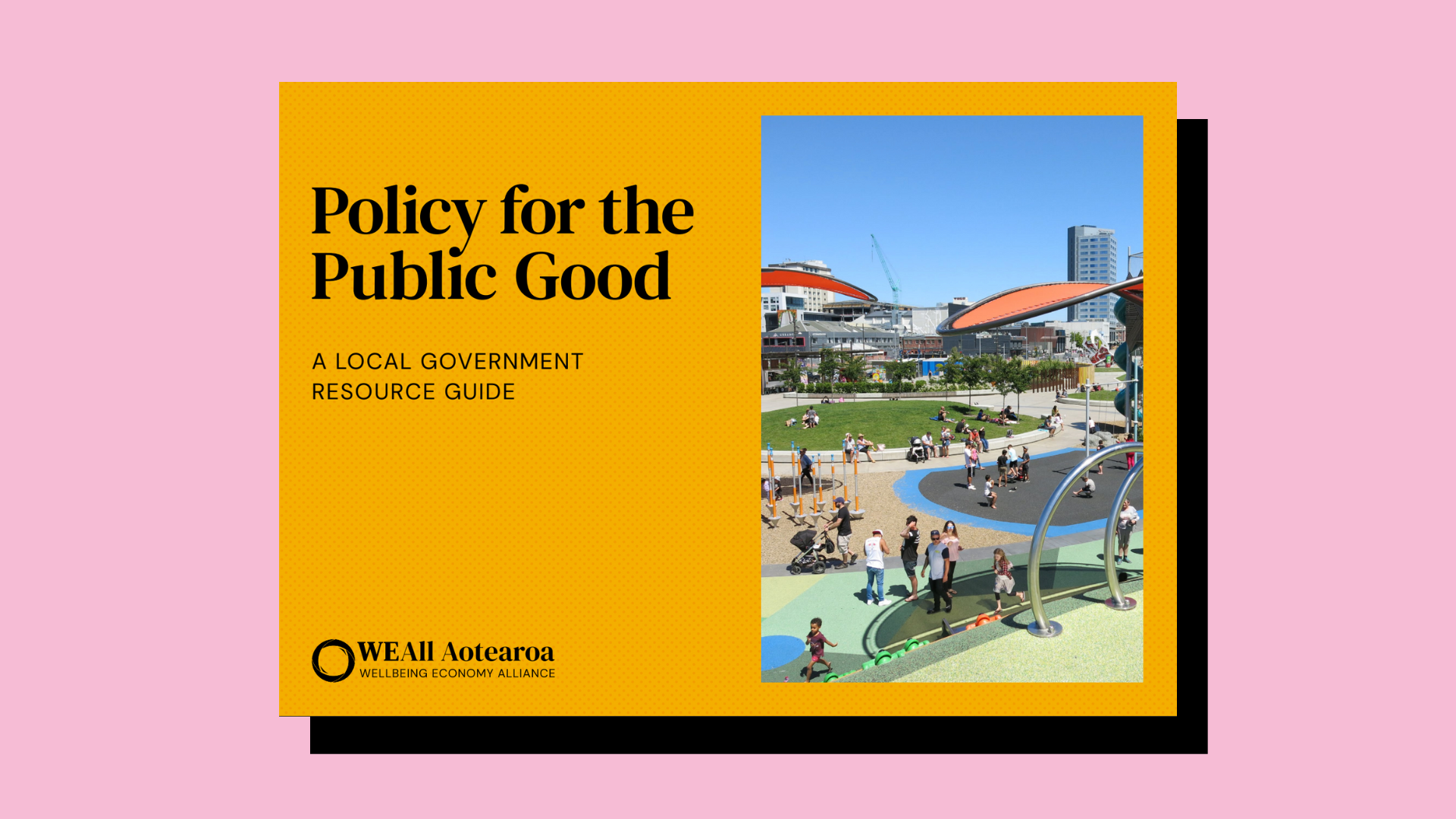
Policy for the Public Good
The work of Local Government is essential for the public good. More than just roads, rates, rats and rubbish - local government is a key part of the local economy, enabling local wellbeing. This guide shares 100 common-sense, evidence-based policies for local councils, along with 80 real-world case studies.
-

Community Wealth Building: An equitable approach to economic development for Aotearoa New Zealand
Community Wealth Building is an approach to economic development that has the potential to help New Zealand build more prosperous, equitable, sustainable and resilient local communities.
-
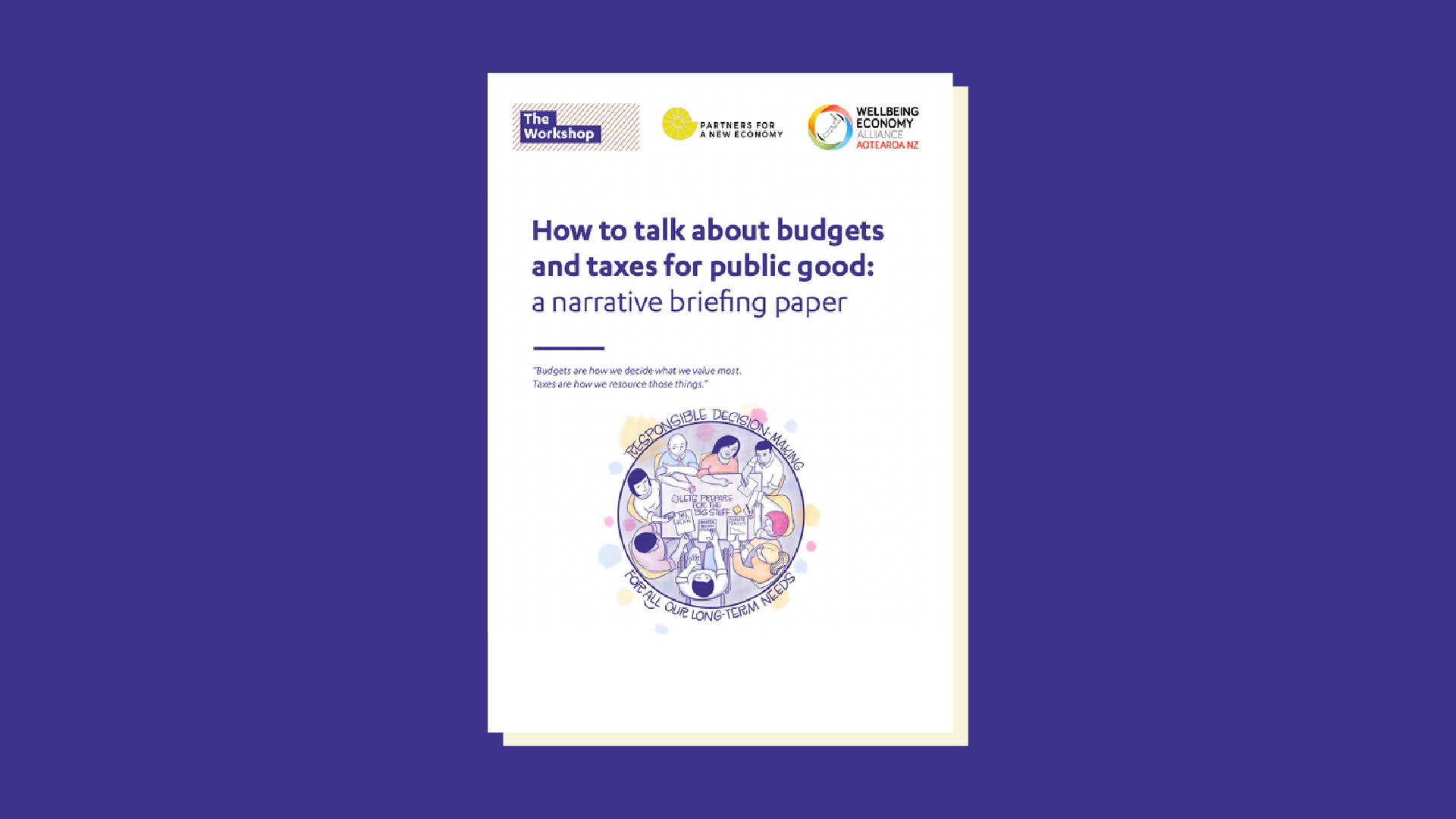
How to talk about budgets and taxes for public good: a narrative briefing paper
WEAll Aotearoa was proud to partner with The Workshop on a briefing paper that informed readers of the tools to shift the narrative on tax and budgets, two big tools we need to get right to deliver wellbeing for people and nature.
-

Towards a Wellbeing Economy in Porirua, Aotearoa New Zealand
This report is for people and communities striving for human and ecological flourishing through wellbeing economy policies.
-

The Wellbeing Economy in Brief
The Wellbeing Economy in Brief series is a collection of mini briefing papers that look at the idea of a wellbeing economy, how it relates to other ideas for economic change, and what some of the core elements of a wellbeing economy are.
Sign up to our newsletter
Our Partners

